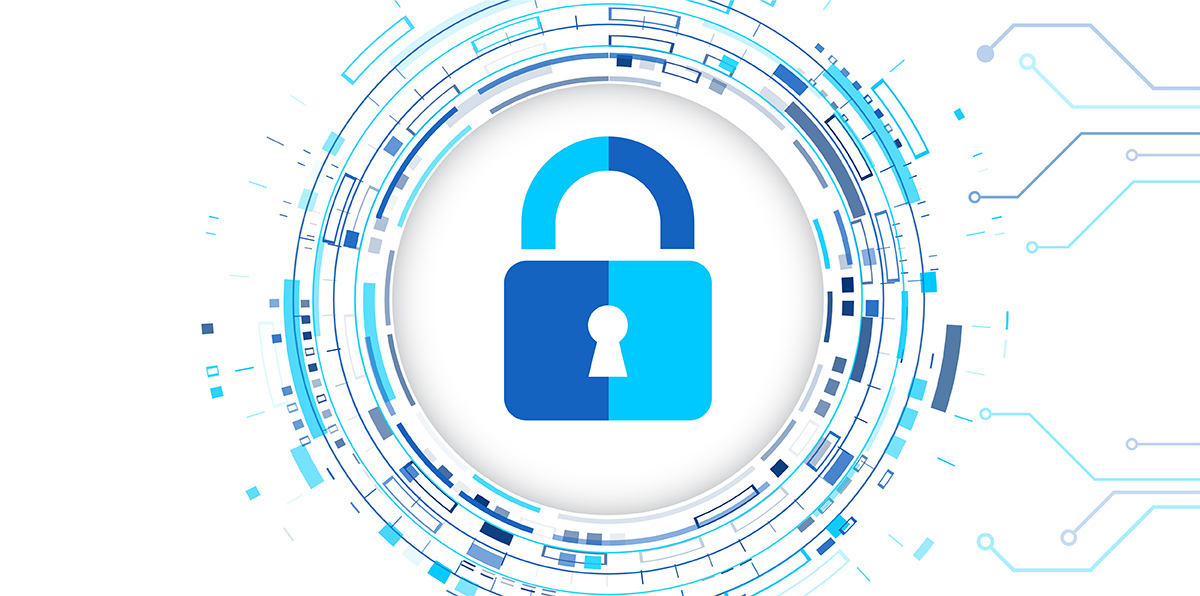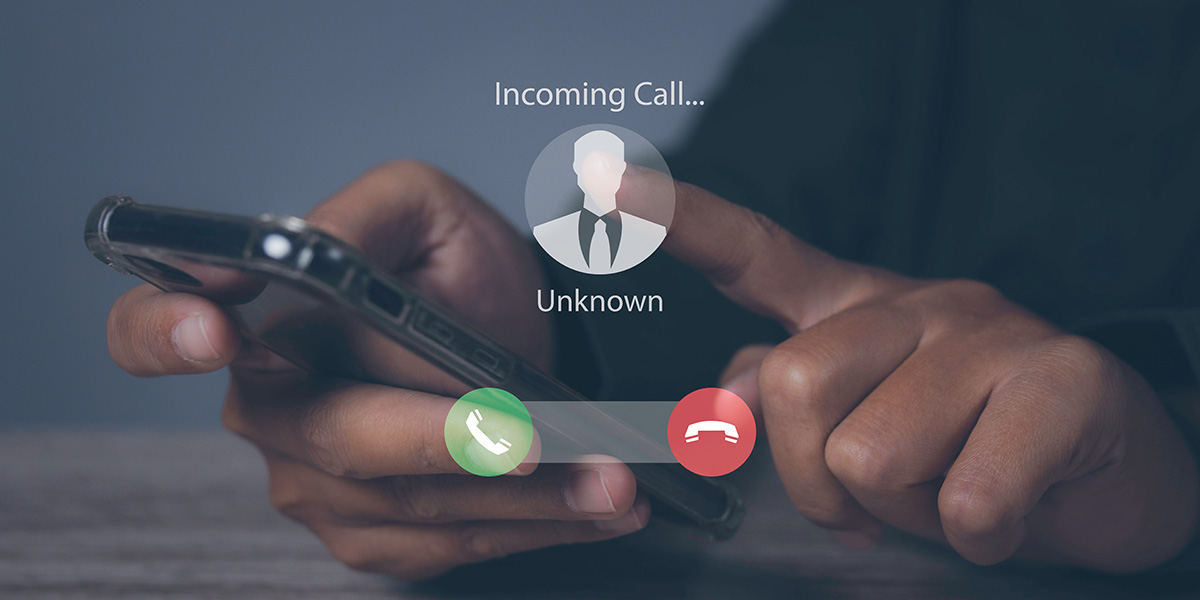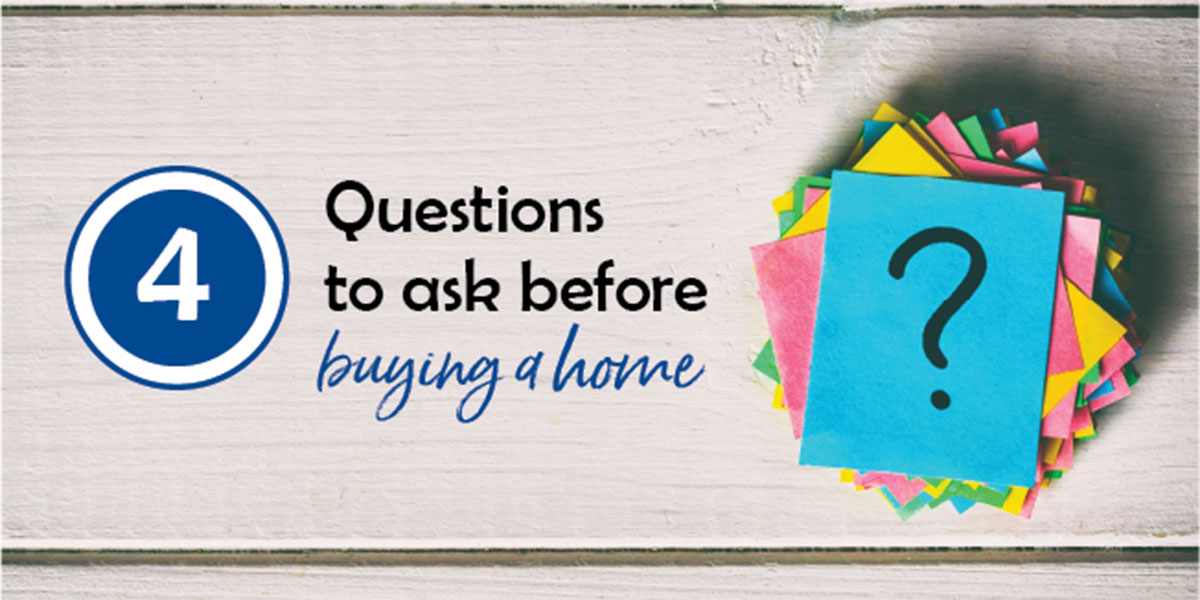
5 Scam Red Flags
October 4, 2022
Every day, thousands of people fall victim to fraudulent emails, texts, and calls from scammers pretending to be their bank, government agencies, or other entities you would normally trust. In this time of expanded use of online and mobile banking, the problem is only growing worse. In fact, the Federal Trade Commission’s report on fraud estimates that American consumers lost a staggering $5.8 billion to phishing scams and other fraud in 2021—an increase of more than 70 percent over 2020.So, the question becomes: how can you protect yourself? The answer is: don’t trust a call, text, or email too quickly, and learn the warning signs of a fraudulent message.
Urgent messages
Scammers will often hit you with messages requesting you take action immediately. The idea is to induce a sense of panic so you forget to look for the red flags in their message. For example, you might get an email warning you that your account has been compromised and you need to click the email link immediately to reset your password. Except when you enter your information to complete your “reset,” they’re really stealing your information for future use. If you get one of these messages, don’t click the link! Go directly to the platform referenced in the email and check for warning messages. Or, if it looks like it’s coming from the bank, call us directly (using a number you found from a reliable source, like our official website) and we can confirm or deny the message for you.
Requests for personal information
Neither the bank nor any other government agency will call you out of the blue and request sensitive information. This includes your Social Security Number, full credit card number, or bank account number(s). They don’t need you to verify these things because they already have it!
“Don’t tell your bank.”
Scammers are crafty. Some will talk with you over a course of days, and they may even use multiple forms of communication. Over time, they’ll attempt to earn your trust, so by the time they’re ready to steal your money they can say, “don’t worry about telling your bank, they know I’m working with you” and you’ll believe them. Don’t! Hang up and call your bank!
Sending money via payment app
Beware of text messages from someone claiming to be the bank saying your account has been hacked. The scammer may ask you to send money to a new account they’ve created for you through a payment app like Zelle, PayPal, or Venmo, but that’s a scam. Banks never ask that, and neither do government agencies.
Purchasing gift cards for payment
Banks, businesses, and government agencies will not ask for gift cards to be purchased to pay a balance due. There is a common scam where the scammer poses as a company representative and asks you to pay back extra funds that were added to your account by accident. They’ll ask you to head to store and purchase gift cards to send back to them. This is always a scam. Do not buy the gift cards, instead, call your bank!
The bottom line – trust your gut and watch for red flags. If anything in a call, text, or email gives you a sense of unease, you probably feel that way for a reason. Hang up. Delete the email. Delete the text. A healthy amount of skepticism can help keep you safe!












